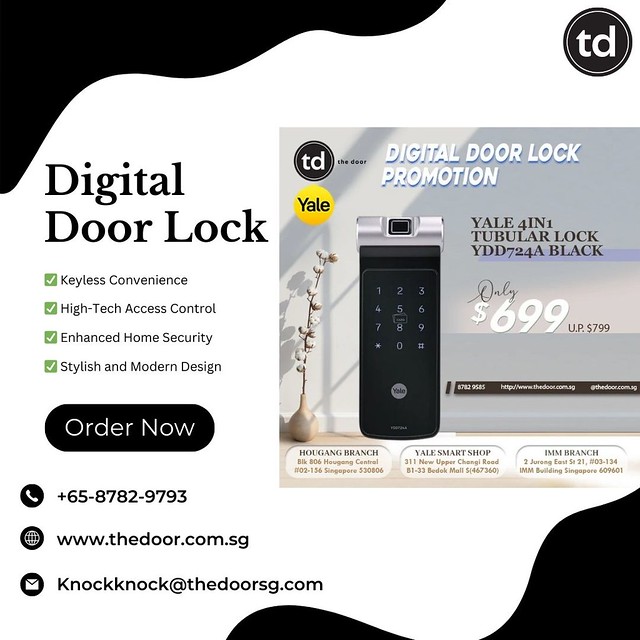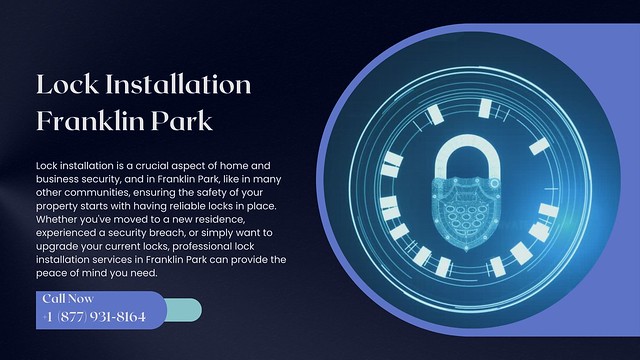
How to Choose the Best Solar Security Camera
Unlike wired security cameras, solar-powered models use a battery to power themselves. These batteries recharge throughout the day as the solar panel converts sunlight to energy, keeping them operational even on gray, sunless days.
Besides offering local storage, some models work with Apple HomeKit or Alexa for full-service monitoring. Other features to look for include 2K resolution, color night vision, AI human detection, and two-way audio.
Power
A solar security camera is a useful way to protect your home. It has a built-in solar panel to harness sunlight and convert it into DC electricity, best solar security camera which is then used to power the camera. This reduces your energy costs and helps save the environment. However, there are several things to consider when choosing a solar security camera.
You need to look for key factors such as the camera resolution, field of view, solar panel wattage, night vision, motion activation, remote monitoring and smartphone alerts. The resolution of the camera determines the quality of the footage, while the field of view describes how wide a camera can capture. The best solar security cameras have a high-resolution camera with a large field of view.
Another thing to look for is the storage capability of the camera. Many solar security cameras use microSD cards to store recorded videos, and some offer cloud storage as well. Most brands charge a fee for using cloud storage, but you can find some that are free. If you want more than one camera to be backed up, you should choose a model with a larger storage capacity.
Some solar-powered security cameras also double as alarm systems that flash lights or blare sounds to scare off interlopers or would-be thieves. Others can act as an deterrent by letting you know if anyone has tried to steal the camera with a notification on your phone.
Image Quality
Capturing high-resolution video footage is a key feature in any home security camera. Most solar-powered cameras offer a high definition rate around 1080p full HD, and some even provide color night vision for added peace of mind.
Another important factor to consider is the range and field of view of your solar powered security camera. The longer this range is, the more space you will be able to cover with your surveillance system. The camera’s motion detection sensors should also be adjustable, so that you can set the exact area where movement will trigger an alert.
Lastly, you should also check whether your solar powered security camera has built-in night vision, which will allow you to monitor your property at all times of the day or night. This will help to ensure that you are able to get the most detailed footage possible, which can be used by law enforcement officials to catch criminals and suspicious activity at your home.
Some solar-powered security cameras have SD card slots where they can record their footage, which you will be able to access through your mobile phone app. Others will have cloud storage that can be accessed through the brand’s website or account. It is best to look for a model that can support up to 128GB SD cards, as this will allow you to store a significant amount of video recordings without worrying about running out of space.
Field of View
The field of view of a solar security camera determines how large an area you can monitor. The higher the field of view, the more you can cover. This is especially important if you need to watch over a large area such as a warehouse, farm, or construction site. Many solar powered cameras also come with night vision capabilities to help you see what is happening even in low light.
Some solar power options involve the use of bulky panels that need to be mounted next to the camera mount, but others are designed with this feature built in. For example, the Blink solar-powered security camera uses small panels that are integrated into the mount itself. This makes the setup process much quicker and easier.
Another consideration is how resistant to weather conditions the solar panel and camera are. If you live in an area that experiences a lot of rain, it’s important to look for a model with a waterproof rating. Ideally, you’ll want to find a model that has a waterproof rating of IP66 or higher.
Additionally, if you’re buying a solar-powered security camera for an off-the-grid location such as a cabin, vacation home, or hunting lodge, you’ll need to choose one with a long battery life. This is because shorter daylight hours means less time for the solar panels to absorb sunlight and generate energy.
Storage
A solar security camera is a smart device that uses the power of sunlight to capture videos. It can be installed outside the house or inside the garage, and it can monitor your home in real-time. Its built-in WiFi and Bluetooth connectivity enable it to communicate with your smartphone or tablet. It can also record motion-activated videos locally on its SD card. It also features a PIR motion detector that detects people and cars, two-way audio communication, night vision, and more.
Its rechargeable battery ensures that it can stay powered for a security camera supplier long time, even in sub-optimal conditions. This means that you can use it in cloudy weather, rain, and sleet. The battery will store energy during sunny hours and then convert it into usable electricity to power the camera at night.
The solar panel used by this security camera is large enough to supply it with electricity for up to 8 hours a day. Its battery can store up to 365 days of video footage. The camera also has dual 4 dbi antennas that help it maintain a strong connection with your home WiFi network.
This REOLINK solar security camera is a great option for those who want to keep an eye on their property without paying for monthly fees. It has many features that make it ideal for home security, including a 2K HD video resolution, remote access, high-quality night vision, and more.


